CBA Round 30 saw the conclusion of the intense three-game series between Liaoning and Qingdao. Despite Ferg scoring 41 points to no avail, Yang Hanshen and Liu Weiwei finally broke through their mental barriers, securing a thrilling 103-100 victory over Liaoning at home. This marked their second win in the three regular-season encounters this season. Yang Hanshen, once again facing Han Dejun, delivered an all-around performance with 22 points, 11 rebounds, 4 assists, 3 steals, and 4 blocks. He also put on multiple spectacular dunks during the game, including one particularly explosive self-toss and grab dunk that stunned the audience.

Yang Hanshen continuously pushed himself in his matchups against Da Han (Han Dejun). As for Han Dejun, he too broke through, albeit unsuccessfully. His last-second attempt at a long-range equalizing three-pointer in the final 2.1 seconds did not go in. Had it gone in, Han Dejun would have been trending on Weibo like Xu Xin the night before. The inbound play strategy Liaoning employed in the closing stages was also criticized by fans, similar to Guangdong's insistence on finding Jilunwater in the final 7.2 seconds against Beikong. Post-match, fans questioned why Yan Shouqi was allowed to continue after committing a violation, and why Han Dejun was the one left to take the blame during the crucial three-point attempt to tie the game.
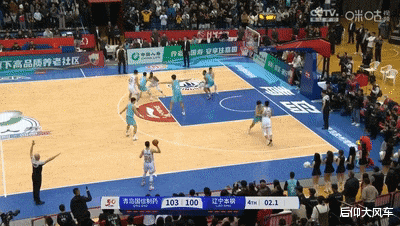
Liu Weiwei discovered the key to victory against Yang Ming through multiple encounters, adhering to Jiang Xingquan's philosophy of abandoning all distractions and simply fighting. When Qingdao trailed Liaoning by 11 points in the final 3 minutes and 31 seconds of the fourth quarter, they staged an impressive comeback. The team fought with all their might, using high-intensity defense to hold Liaoning scoreless in the final period and turning the game around with a 14-0 run in just over three and a half minutes.
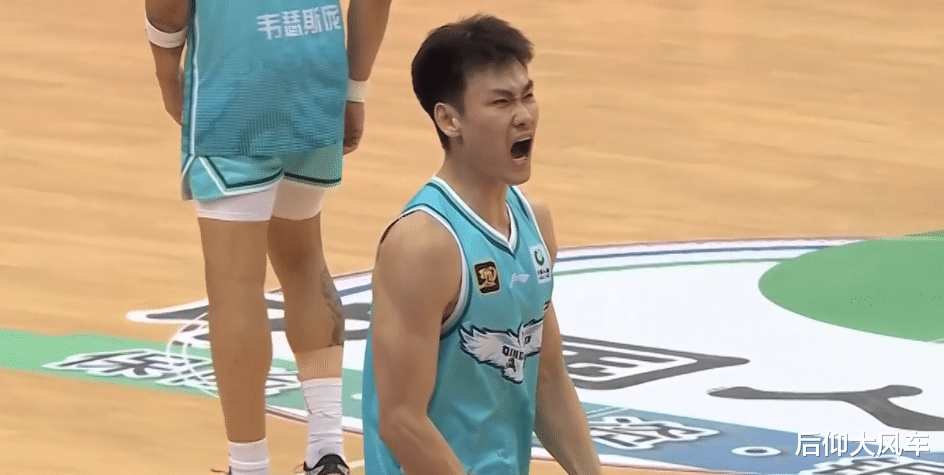
In this match, Liu Weiwei initially won, then lost, and ultimately pulled off a great comeback, giving Yang Ming a lesson. Liaoning needs to reflect on why they've experienced power outages in the final quarter in recent games and why their record has become increasingly unstable as Zhao Jiwei returned and Patton and Webb joined, making the roster more complete.
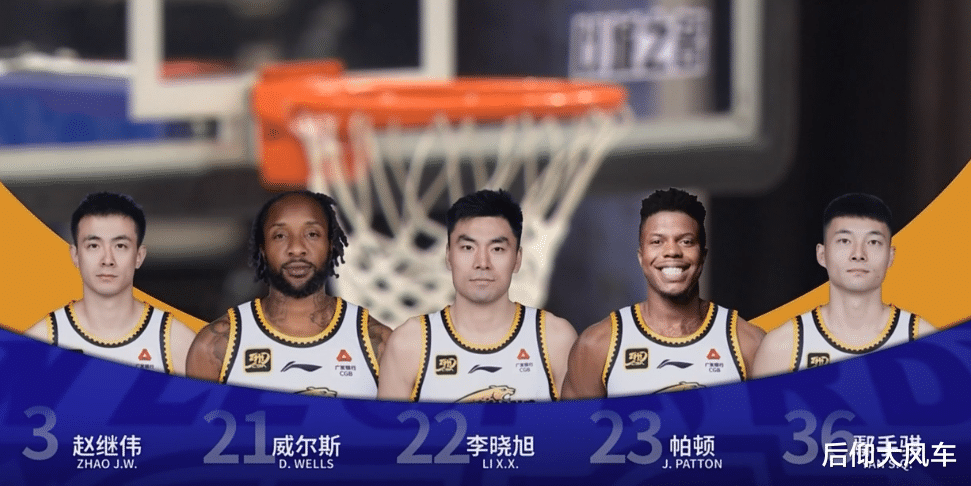
The power outage in the final quarter of this game mirrored the previous round against Beikong. However, Yang Ming did not harshly criticize his players post-match; instead, he took full responsibility, stating that as head coach, he must bear the brunt and that the final three minutes of the game need careful review. Two similar games resulted in drastically different reactions from Yang Ming—furious when they won, but a complete 180-degree turnaround in attitude when they lost. Upon closer examination, it becomes clear that the real reason behind Liaoning's inconsistent record lies in two aspects: Zhao Jiwei's slump and the team's ongoing readjustment. Sometimes, having more players can lead to more confusion, and Yang Ming needs to explore new strategies, which is his responsibility.
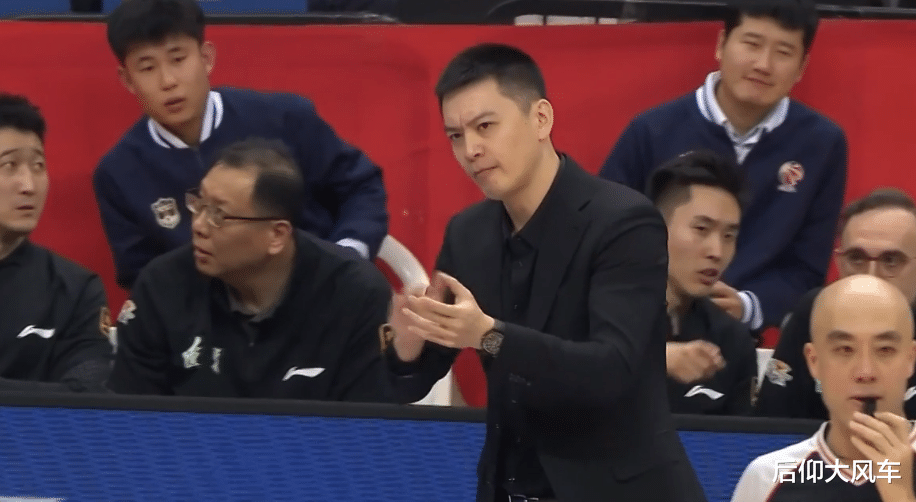
During Zhao Jiwei's absence due to injury, Liaoning's record was inconsistent, but Yang Ming adopted an unconventional approach, shortening the rotation and heavily relying on veterans like Ferguson and Wells. Wang Lanchen was benched several times, and Liaoning focused on the backcourt duo of Wells and Ferguson, relying on their individual abilities to drive the team forward. During this period, Liaoning's record wasn't great but wasn't terrible either (considering a string of tough away games). Once Wang Lanchen found his place again, Liaoning gradually got back on track.
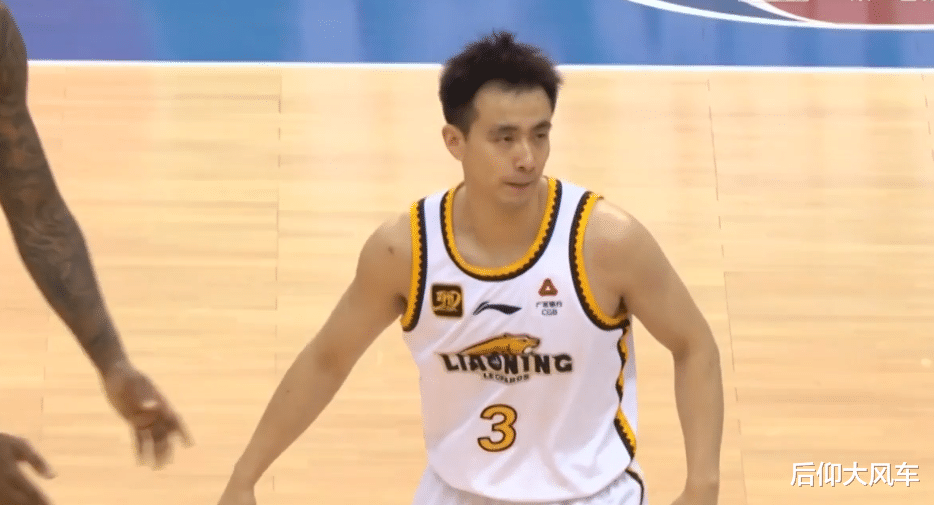
After Zhao Jiwei's early return, Patton and Webb also joined, increasing the number of foreign players and capable players on the team. They shifted back to their previous tactics centered around Zhao Jiwei, reducing Wells' playing time and points. Ferguson occasionally underperformed, but Yang Ming trusted him more in critical moments. In the last two games, Ferguson went on a scoring spree, tallying 41 points in consecutive matches. However, the more points Ferguson scored, the more it indicated Liaoning's struggles in set-piece attacks, relying on foreign players for more decisive plays. This also shows that Liaoning is still exploring new strategies, with Patton and Webb needing to re-adjust with Zhao Jiwei, which will require several games to trial and error. If Morand had joined Liaoning during the second stage window period, they could have saved much-needed adjustment time.
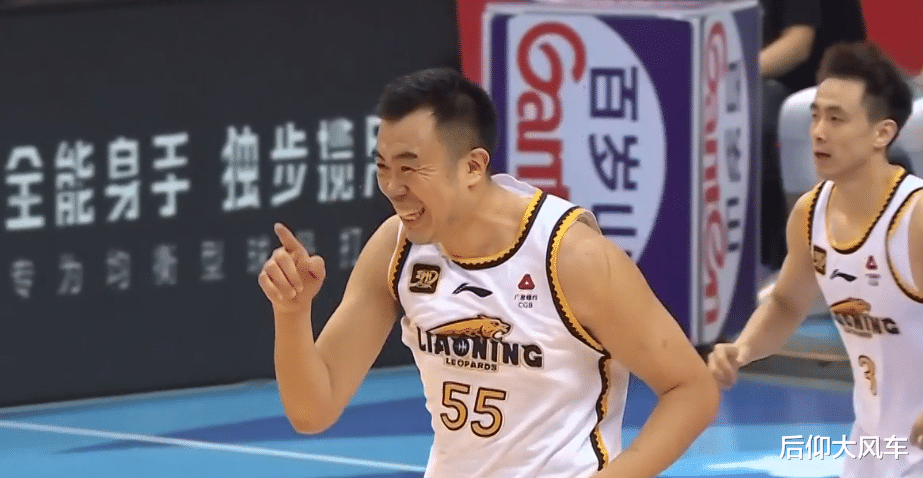
In Zhao Jiwei's last five games since his return, his personal average statistics have been less than ideal, averaging only 7.6 points, 3 rebounds, and 7.8 assists. His combined three-point shooting was 7 out of 32, with a meager 21.8% accuracy, and his overall shooting percentage was only 30.2%, significantly lower than his past few seasons' averages. Zhao Jiwei's slump is partly due to his incomplete recovery from injury and partly because his style of play relies heavily on the quality of pick-and-roll and screening. Currently, within Liaoning, Han Dejun, who can set screens for Jiwei, is older and has seen a decline in form due to continuous high-intensity play and physical exhaustion. There is now neither Shaoyue, capable of running and bombing, nor Morand, a big foreign player, providing high-quality pick-and-roll support for Jiwei.
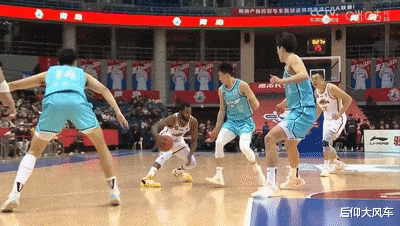
Morand's departure dealt a significant blow to Liaoning, leaving them without a stable interior defensive presence and a point of attack and facilitation, preventing their offense from flourishing and their outside shooters from being effectively utilized. In critical moments, they still rely on the individual abilities of Ferguson and Wells to break through.
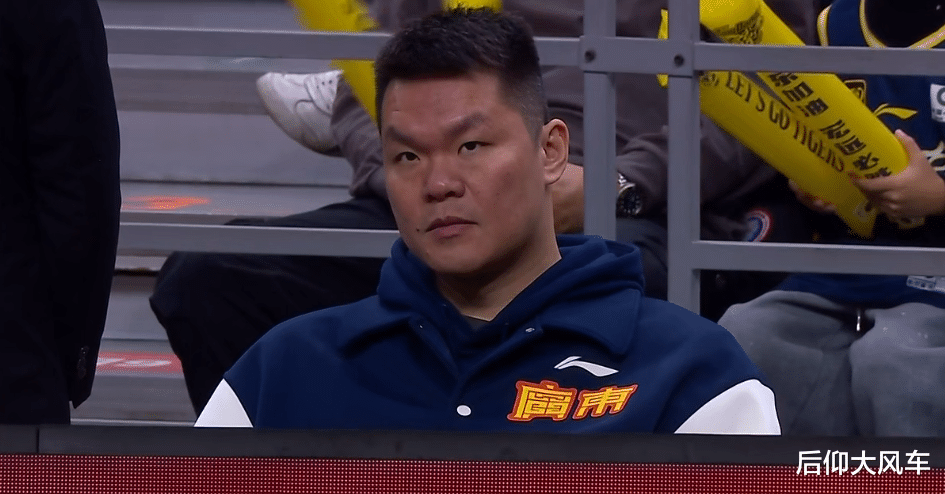
Failing to retain Morand was undoubtedly the most mistaken decision made by Liaoning's management this season. It must be said that Zhu Fangyu was indeed ruthless, poaching Morand and undermining half the effectiveness of Liaoning's signature pick-and-roll system. It will take Yang Ming some time to train Patton to achieve the same pick-and-roll effect as Morand and Han Dejun.
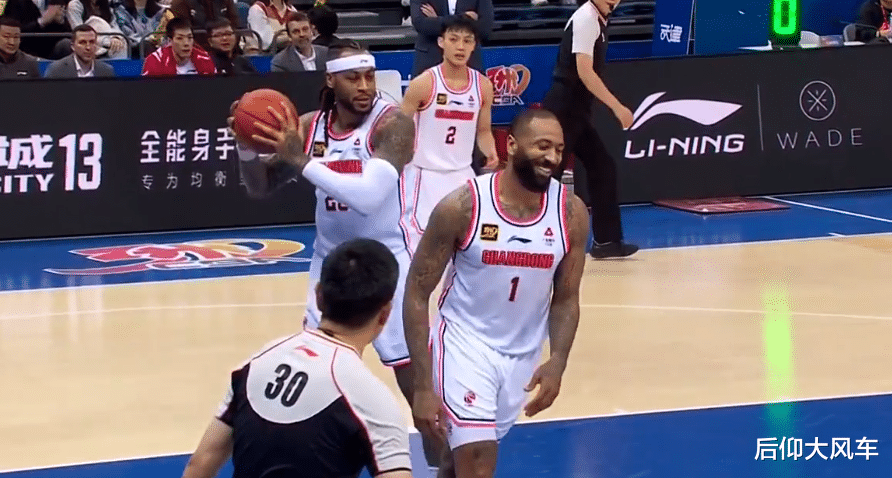
Even more devastatingly, after joining the Guangdong team, Morand quickly rejuvenated, forming quick chemistry with Xu Jie and fully unleashing Xu Jie's creativity and finishing ability in the pick-and-roll. Xu Jie's offensive organization improved significantly after Morand's arrival, and his competitive demeanor also steadily elevated. In last night's game against Beikong, Xu Jie, playing while sick, achieved his first career triple-double. (In contrast, Xu Jie's pick-and-roll with Jilunwater was not as potent, especially in the fourth quarter.)
To date this season, Liaoning has won 12 and lost 4 in the 16 games Zhao Jiwei played (6 wins and 1 loss in the first stage with three foreign players, 6 wins and 3 losses in the second stage), while in the games he missed, they have an 8-6 record. Liaoning will continue to face a challenging schedule ahead, with their next five opponents being Shanghai, Ningbo, Zhejiang, Guangsha, and Ningbo, three of which are strong teams. Wishing Liaoning good luck.